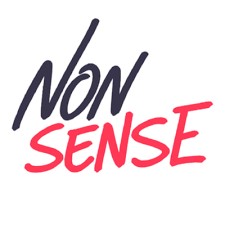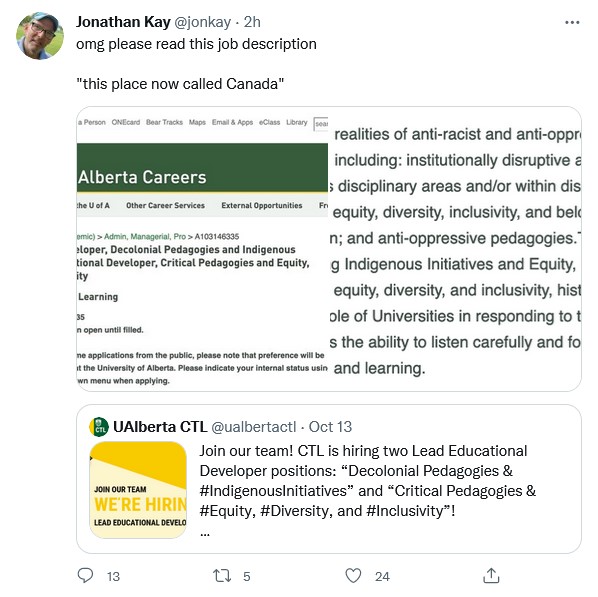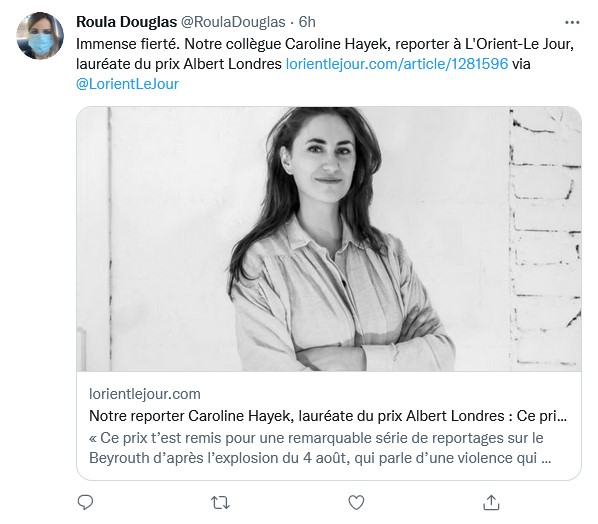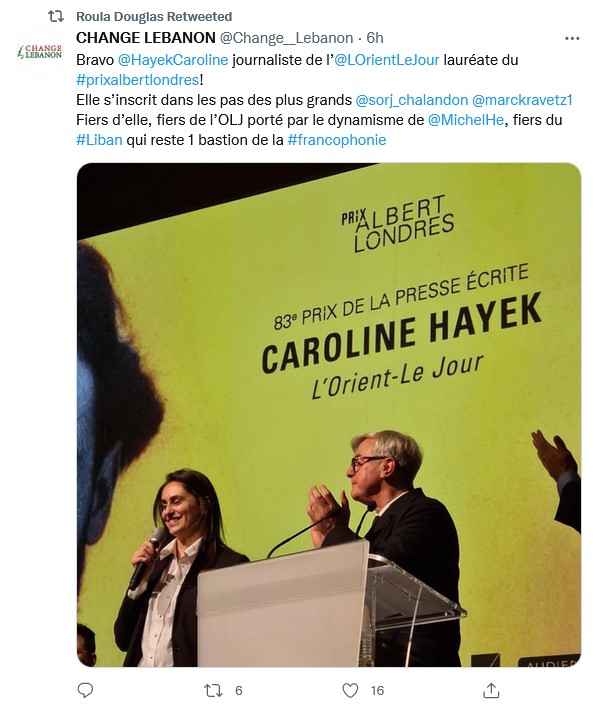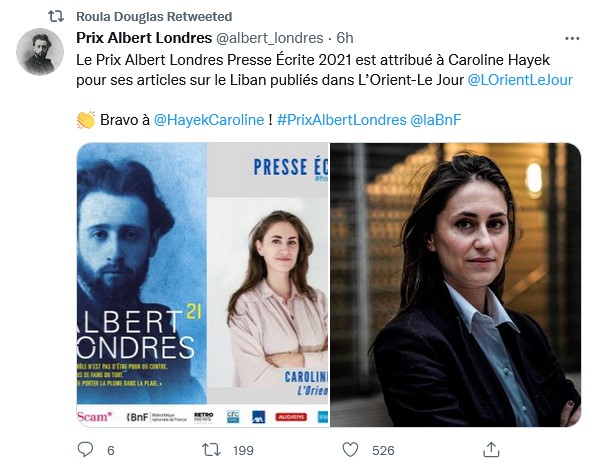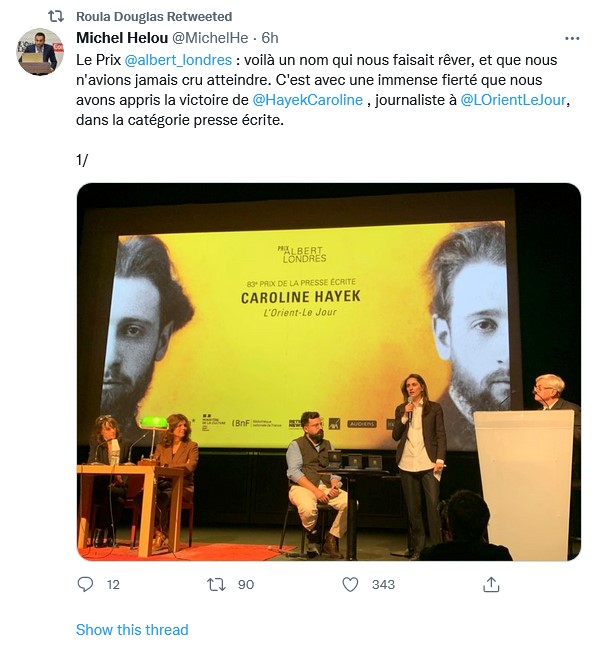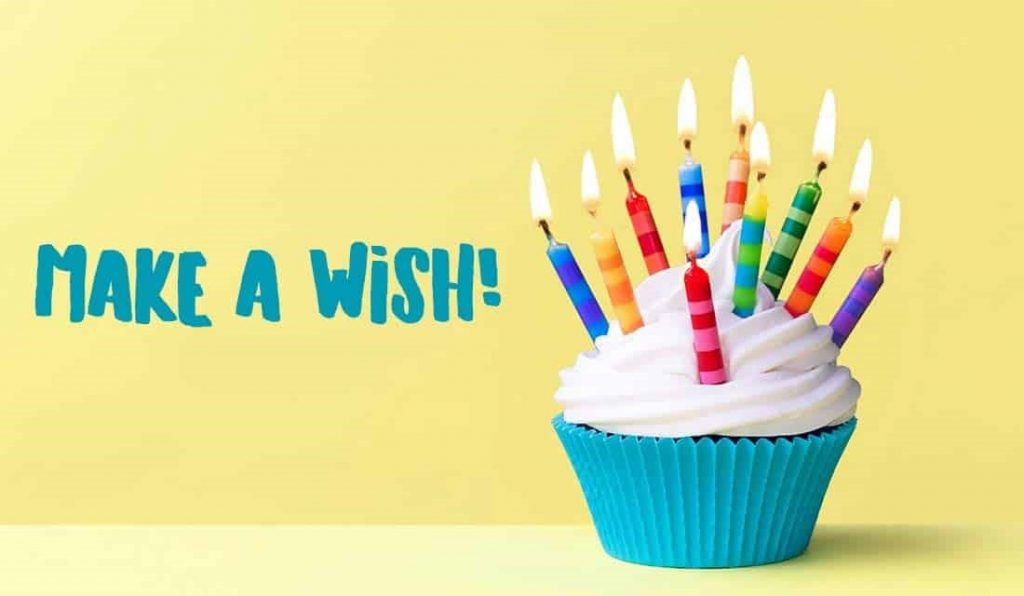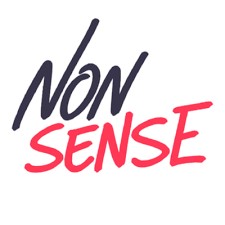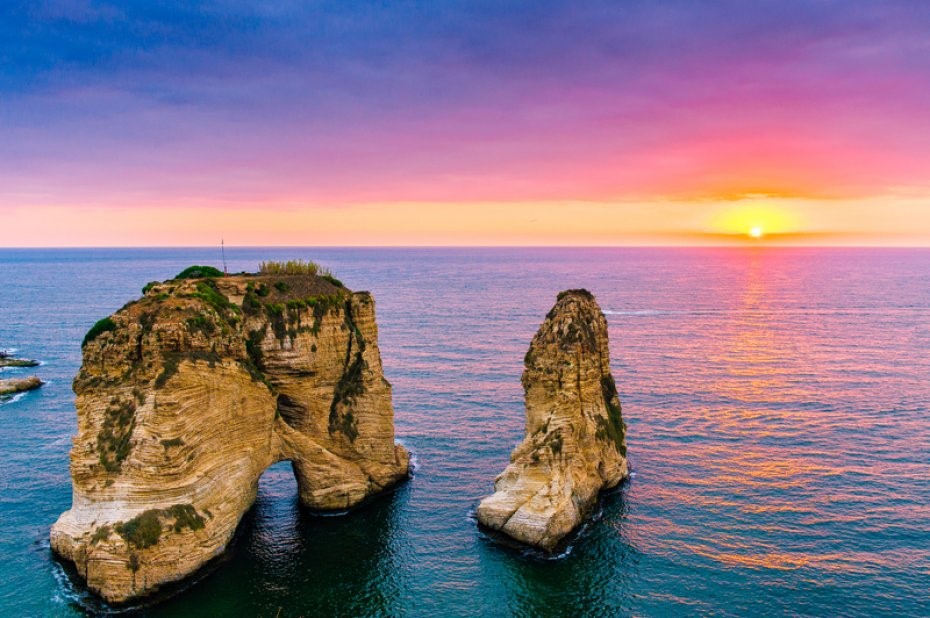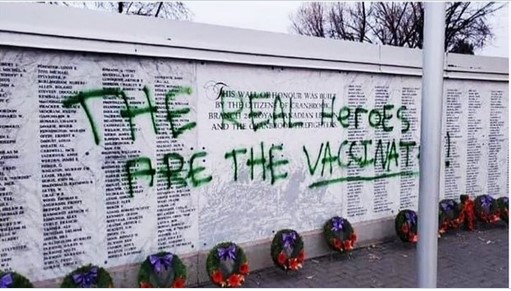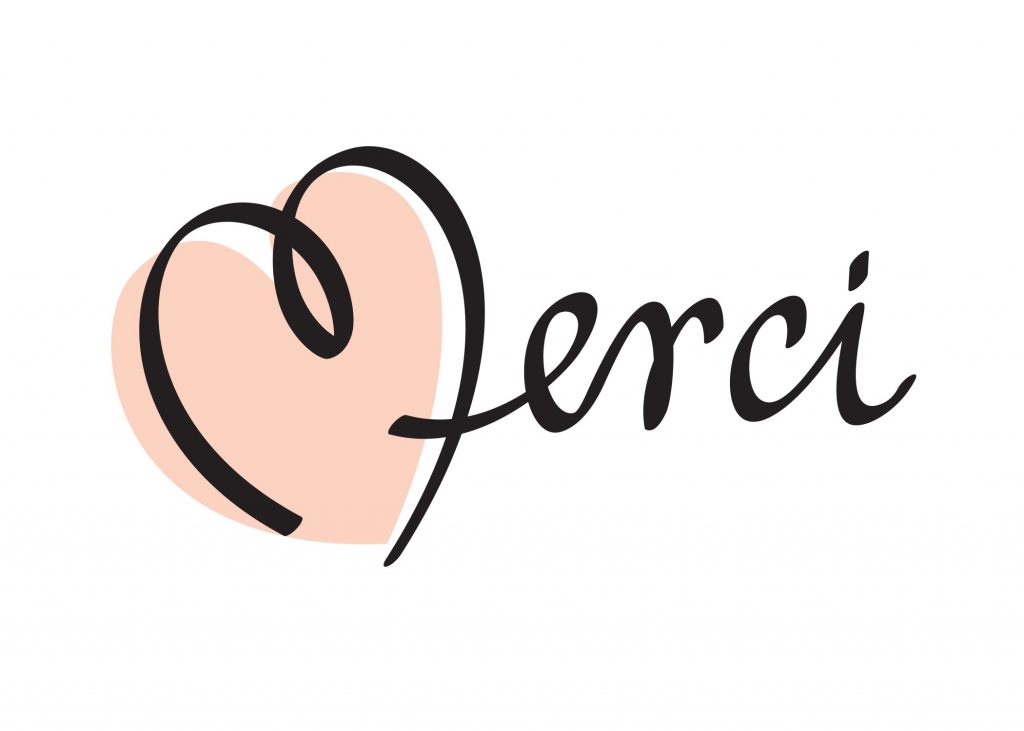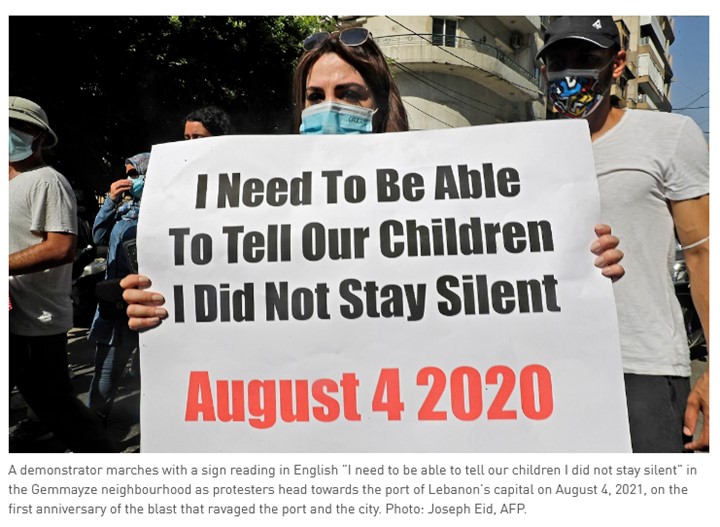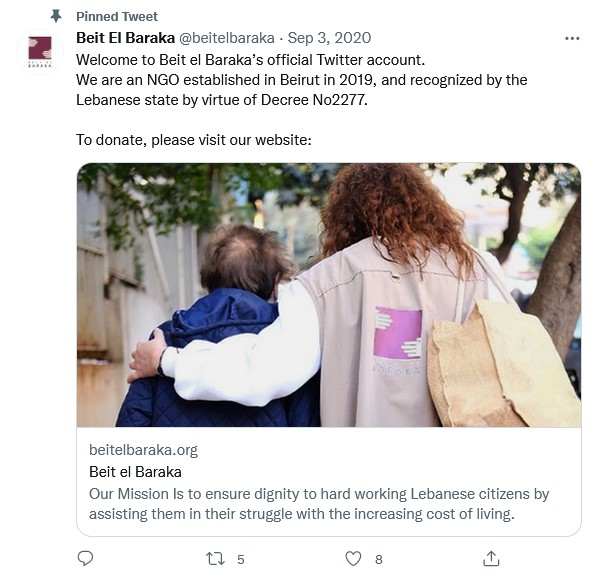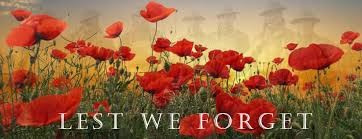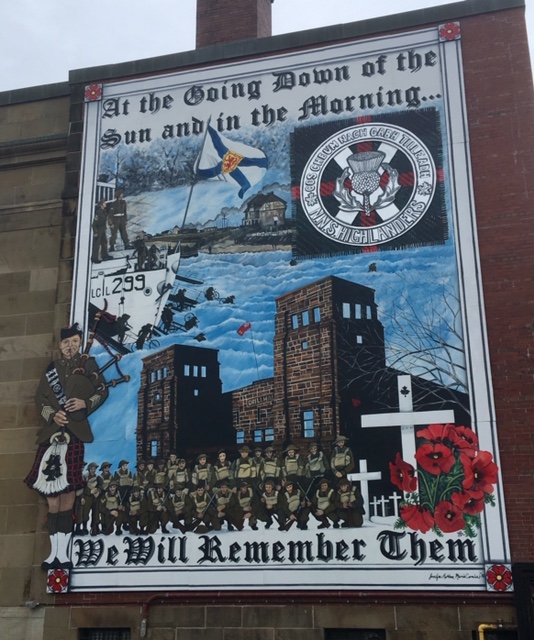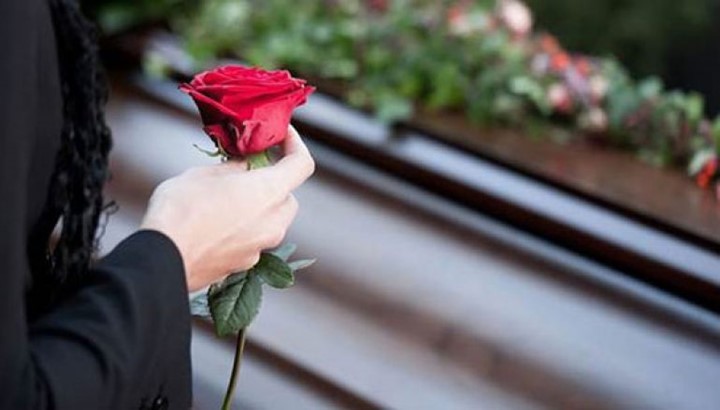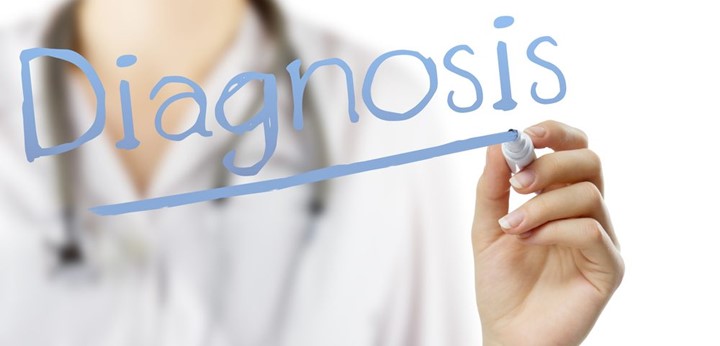At 11:59 pm on September 21, the Atlantic Canadian province of New Brunswick (NB) introduced a health measure about proof of full vaccination to attend the funerals of loved ones (https://www2.gnb.ca/content/gnb/en/news/news_release.2021.09.0654.html).
First, here is the exact language used by our government:
“New COVID-19 measures go into effect tonight at 11:59 p.m.
21 September 2021
FREDERICTON (GNB) – Beginning tonight at 11:59 p.m., people will be
required to show proof of full vaccination when accessing certain events,
services and businesses, and masking will be mandatory in all public indoor
spaces. In addition, anyone entering New Brunswick must pre-register through
the New Brunswick Travel Registration Program.
People will need to show proof of full vaccination whenever they access
certain services, businesses and events, including:
- indoor festivals, performing arts and sporting events;
- indoor and outdoor dining and drinking at restaurants, pubs and bars;
- movie theatres, nightclubs, amusement centres, pool halls, bowling alleys and casinos;
- gyms, indoor pools and indoor recreation facilities;
- indoor group exercise facilities;
- indoor organized gatherings, including weddings, funerals, parties (excluding parties in a private dwelling), conferences and workshops;
- indoor organized group recreational sports, classes and activities; and
- visiting a long-term care facility.”
Second, among the list shown above, one event/activity stands out as being quite different from all the others. It is funerals, which is a spiritual ritual meant to remember/honour the life of a loved one whilst saying “good-bye” to him/her.
Like birth, is there a moment more significant that funerals in a lifetime!?
Earlier in the pandemic (especially prior to vaccine developments), public funerals were cancelled altogether in many crowded places around the world (only attended by the immediate family).
If Bambi may, she would like to make a comparison here with the times of civil war in her childhood in Beirut (where funerals were so common). For instance, Bambi’s aunt was buried without the presence of her loved ones. Due the siege of Beirut by the Syrian forces at the time, and the HEAVY shelling, only a priest and a kind relative on the other side of the family (bless his heart) were able to proceed with the burial of Ramona, Bambi’s dear aunt. It was hard for the whole family, even the youngest ones, not to be able to say good-bye (even her dad who wanted to brave soldiers and shelling, could not enter the city from which they managed to escape just before their tragic loss). It is precisely at that time of her life, at age 6, that Bambi began writing a daily diary (in a sense similar to this blog, but handwritten, not online as it was pre-internet times).
Anyhow, to come to NB and to our current Covid-19 times, Bambi can only understand how shocking it may be for some of her fellow NB citizens to be legally prevented from participating in the funerals of their family members if they are not fully vaccinated (for whatever medical or personal reason). To them, perhaps this measure may be even experienced as an apparently psychologically cruel policy-related punishment than a protective measure per se (as a reminder, they are the ones who are most at risk of being severely ill, which we tend to forget).
Third, keeping the above in mind, Bambi invited a citizen of her province to an interview because he had something interesting to express on this topic. He kindly accepted and Bambi is very grateful to this citizen, called Mr. Louis, for his time, generosity, and insights. Food for thought, if anyone cares to read and reflect.
May God protect everyone’s loved ones. Plus, may no one have to go through the additional sadness of not being able to honour his/her deceased family member or close friend. For Bambi, perhaps the saddest part of all this is the following: Contrary to the harsh reality of civil war, what is happening in Canada (i.e., NB and NS precisely) is that governmental health measures seem to be dividing grieving families in their grief, at a time where they may need to come together more than ever. No, it is not due to the absurd, uncontrollable (yet highly controlling) violence of civil war. It is rather because of a cold, either unwise or harsh, political decision (taken from the comfort of an office, that could be perhaps disconnected from people’s reality or grief journey).
Start of the interview here:
Bambi’s question # 1: What do you think of the health measure of NB, and NS, to require proof of full vaccination to attend funerals of loved ones?
Mr. Louis’ answer # 1: “I think that it’s beyond the pale of disgusting.
For a start, I disagree with the whole proof of vaccination system as a whole, as being intrusive and unneeded. For something like that to be acceptable, there would have to be extraordinary justification for it, it would have to be highly effective, the
alternatives would have to be even more unacceptable, and it would have to be very time-limited. None of those apply here, and all the indications are that it’s becoming a tool of marginalization and nothing else. The most amusing way of showing this is looking at the NB gov’t “Potential Public Exposure” notifications of the last few weeks. Eyeballing it, about half (if not more) are for places that require proof of vaccination. That makes my point.
Secondly, even if one were to accept such a system as a sort of harm reduction measure, it’s beyond outrageous to apply it to funerals. Consider that the province allows an alternative for religious services in general, but specifically excludes funerals! Why? Is it the province’s idea that punishing people by barring them from funerals is an incentive? I find it to be very much an incentive… to lose any and all remaining respect that I had for this government.
At the very very minimum, they should have excluded immediate family, possibly with a testing requirement. Considering the effectiveness of the vaccine, this would probably make the unvaccinated+tested *less* of a risk at such events, amusingly. Note that I’m not suggesting this: I’m saying that at least it wouldn’t have the level of inhumanity of the current arrangement, which bars someone from attending the funeral of a spouse, of a parent, of a child. To do that is worthy of a totalitarian dictatorship. Even more shocking is there appears to be no visible push-back to it.”
Bambi’s question # 2: You wrote to the government to express your opinion about this funeral-related health measure. Would you like to share your expressed opinion with Bambi’ readers? And did you get any reply to your email from our government?
Mr. Louis’ answer # 2: “My expressed opinion was similar to what I wrote above. They never answered.
As an aside, I no longer use “our government”. I say “the government”. They’re certainly not mine, and I don’t view them much differently than I would view an occupying power, at this point. The last time I checked, occupying powers don’t usually keep people from their loved ones’ funerals.”
Bambi’s question # 3: If not already addressed, how would you have done it differently had you been an NB health-decision maker?
Mr. Louis’ answer # 3: “I would have treated it in the same way as a supermarket or a pharmacy: distancing recommended. I would encourage venues to set up in such a way that the especially vulnerable can avoid extra mingling: having the option of a plastic sheet as a barrier for grieving immediate family in a condolence line, for example. I would also encourage maximum ventilation and humidity range control, which appears to help in slowing transmission. That being said, people who leave home at present do so in the knowledge that there is a non-zero risk of exposure, and they have an individual decision to make for themselves.”
Bambi’s question # 4: Do you have any opinion to share beyond this specific pandemic-related health measure?
Mr. Louis’ answer # 4: “I think I already did, but overall, I’d say that we as a society seem to have gone crazy over this. At first, it was a reasonable
position to be extra-cautious, as we had no idea what we were dealing with. At present, it has become increasingly apparently that this virus will never go away(*), and that we just have to learn to live with it. That will include living with some of the damage that it causes. We will all unfortunately know people who will die of COVID. We also know people who will die in car accidents – but nonetheless drive. As with a lot of other things, it’s a balancing act. Clearly, to me, there’s no example of the balancing being more misguided than in banning people from funerals.
(*) This article sums up nicely where I think that the situation is going:
https://ec.europa.eu/research-and-innovation/en/horizon-magazine/qa-why-history-suggests-covid-19-here-stay “.
Once again, many thanks Mr. Louis…
